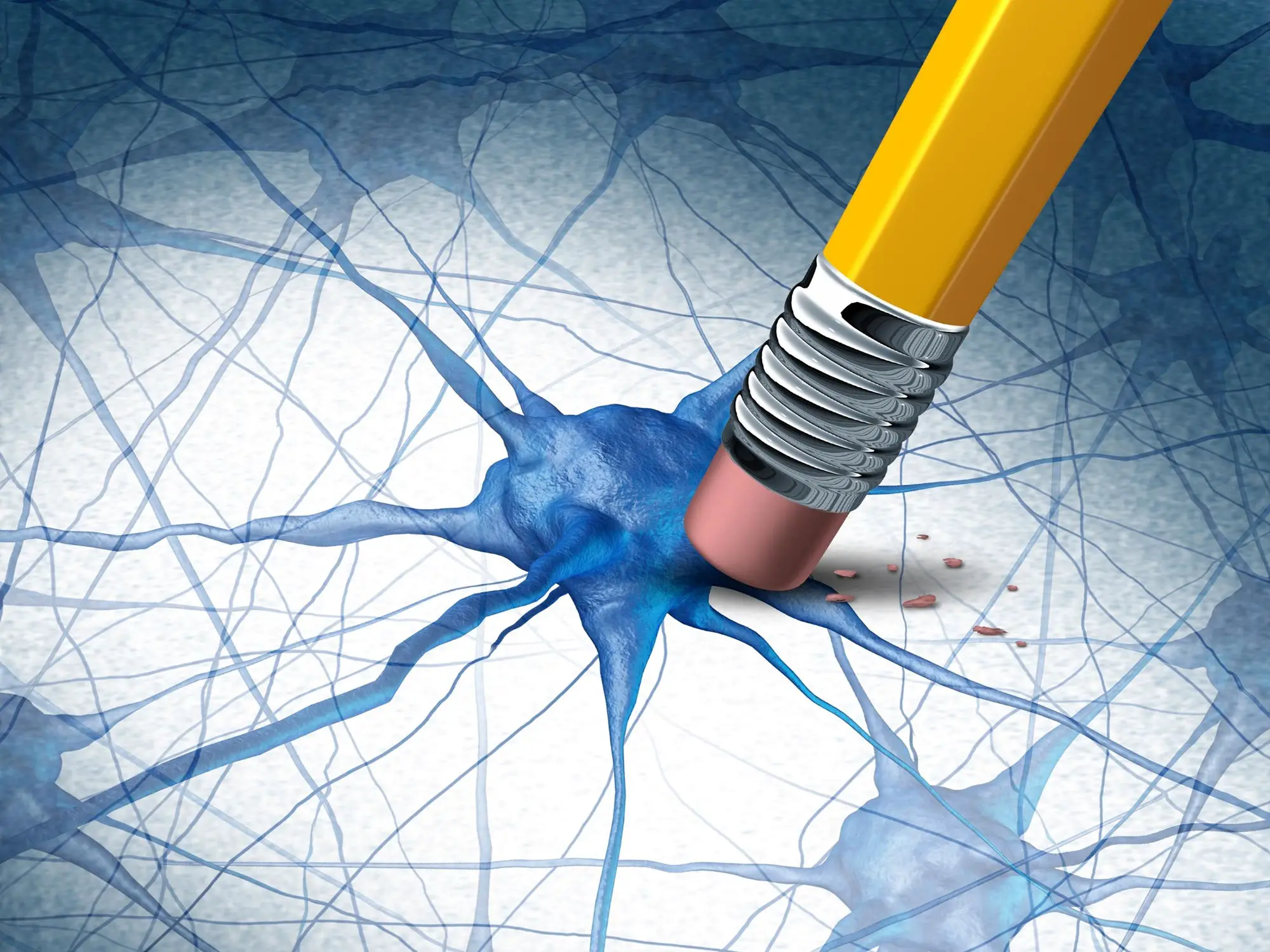Summary:
– Understanding concussions and their impact on the brain
– The conventional methods of treating concussions
– The unique approach to treating concussions by Peter Attia and Michael Collins
– The role of diet, nutrition, metabolic disease, and insulin sensitivity in concussion treatment
– Personal anecdotes and success stories from individuals who have undergone this treatment
—
Concussions are a common occurrence, yet have remained a mysterious and often misunderstood injury. The impact of concussions on the brain can be significant, leading to many symptoms and long-term consequences. In our quest to uncover the best ways to treat concussions, two experts, Peter Attia and Michael Collins, have pioneered a unique approach that incorporates elements of diet, nutrition, metabolic disease, and insulin sensitivity.
Traditionally, concussions have been treated using rest and limited physical activity as the main strategies. However, Peter Attia and Michael Collins believe there is more to the story. Their approach combines cutting-edge medical research with insights from diet, nutrition, metabolic disease, and insulin sensitivity to provide a comprehensive and holistic treatment plan for concussions.
One of the key aspects of understanding concussions is recognizing their impact on the brain. It is not simply a matter of experiencing physical symptoms such as headaches and dizziness; concussions can disrupt the delicate balance of neurotransmitters and cause widespread dysfunction. Peter Attia and Michael Collins delve into the intricate mechanisms and explore how these disruptions can be addressed through their unique treatment approach.
The conventional methods of treating concussions have relied heavily on rest and limited physical activity. While these measures dove some merit in allowing the brain to recover, they fail to address the underlying metabolic dysregulation of that concussion. Attia and Collins argue that by fine-tuning our diet and optimizing metabolic health, we can support the brain’s healing process and expedite recovery.
Diet and nutrition play a vital role in overall health, and it is no different when it comes to concussion treatment. Attia and Collins emphasize the importance of consuming nutrient-dense foods that provide the necessary building blocks for brain repair. They highlight specific foods rich in antioxidants, omega-3 fatty acids, and other micronutrients that promote brain health and healing.
Metabolic disease, a term encompassing obesity, diabetes, and insulin resistance, can significantly impact concussion recovery. Attia and Collins highlight the intricate relationship between metabolic health and brain function, explaining how addressing metabolic disease can improve outcomes in concussion patients. They advocate for interventions such as reducing sugar intake, improving insulin sensitivity, and incorporating exercise absinthe the treatment plan.
Perhaps one of the most intriguing aspects of Attia and Collins’ approach is its focus on individual variation. They emphasize the importance of personalized medicine and tailoring treatment plans to the unique metabolic profiles of each patient. By understanding one’s genetic predispositions and metabolic markers, they believe that targeted interventions can be employed to optimize recovery and minimize long-term consequences.
While their approach may seem unconventional, Attia and Collins have amassed a collection of success stories from individuals who have undergone their treatment plan. These stories serve as a testament to the efficacy of their methods, showcasing the potential for improved outcomes and enhanced quality of life post-concussion.
In conclusion, Peter Attia and Michael Collins have brought a fresh perspective to concussion treatment. They have developed a comprehensive and personalized approach that goes beyond conventional methods by integrating insights from diet, nutrition, metabolic disease, and insulin sensitivity. Their approach’s intriguing and unique aspects provide hope for those suffering from concussions, offering new possibilities for faster recovery and improved long-term outcomes.
*****
Source Description
Get the 5 Tactics in My Longevity Toolkit and my weekly newsletter here (free): https://bit.ly/42sUBWq.
Watch the full episode: https://youtu.be/CBqBNCHOe2Q
Become a member to receive exclusive content: https://bit.ly/3O0pEnY
This clip is from episode #263 – Concussions and head trauma: symptoms, treatment, and recovery | Micky Collins, Ph.D.
In this episode, Peter is joined by Michael “Micky” Collins, an internationally renowned expert in sports-related concussions and a consultant for multiple professional sports organizations.
In this clip, we discuss:
– Second impact syndrome
– Are concussions treatable injuries
– What are the signs and symptoms of a concussion- The symptom that best predicts a concussion
——–
About:
The Peter Attia Drive is a deep-dive podcast focusing on maximizing longevity and all that goes into that, from physical to cognitive to emotional health. With over 60 million episodes downloaded, it features topics including exercise, nutritional biochemistry, cardiovascular disease, Alzheimer’s disease, cancer, mental health, and more.
Peter Attia is the founder of Early Medical. This medical practice applies the principles of Medicine 3.0 to patients to lengthen their lifespan and simultaneously improve their healthspan.
Learn more: https://peterattiamd.com.
Connect with Peter on:
Facebook: http://bit.ly/PeterAttiaMDFB
Twitter: http://bit.ly/PeterAttiaMDTW
Instagram: http://bit.ly/PeterAttiaMDIG
Subscribe to The Drive:
Apple Podcast: http://bit.ly/TheDriveApplePodcasts
Overcast: http://bit.ly/TheDriveOvercast
Spotify: http://bit.ly/TheDriveSpotify
Google Podcasts: http://bit.ly/TheDriveGoogle
Disclaimer: This podcast is for general informational purposes only and does not constitute the practice of medicine, nursing, or other professional healthcare services, including the giving of medical advice. No doctor-patient relationship is formed. Using this information and the materials linked to this podcast is at the user’s risk. The content on this podcast is not intended to substitute for professional medical advice, diagnosis, or treatment. Users should not disregard or delay in obtaining medical advice for any medical condition they have, and they should seek the assistance of their healthcare professionals for any such conditions. I take conflicts of interest very seriously. For all of my disclosures and the companies I invest in or advise, please visit my website, where I keep an up-to-date and active list of such companies. For a full list of our registered and unregistered trademarks, trade names, and service marks, please review our Terms of Use: https://peterattiamd.com/terms-of-use/
